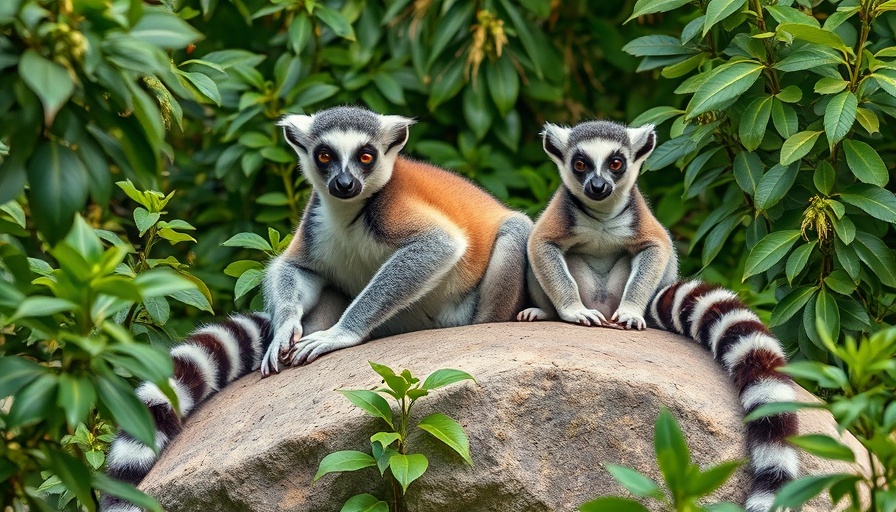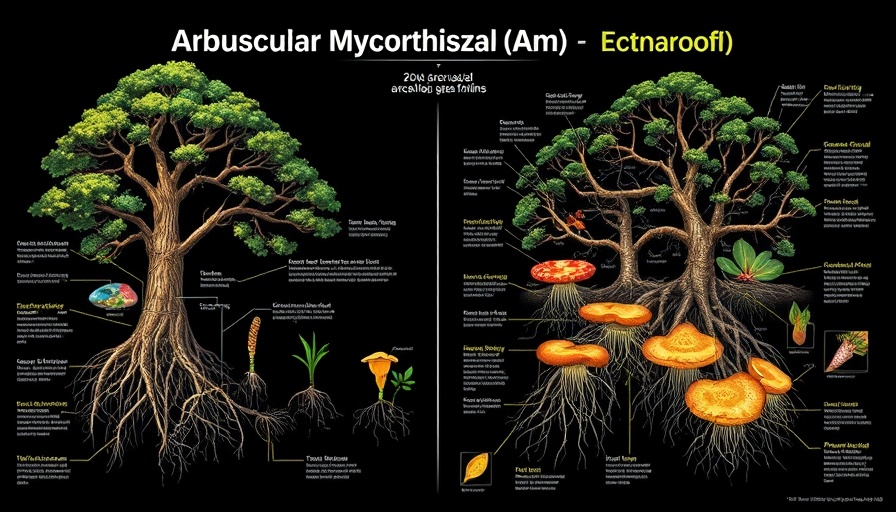
Global Commitment: The $200 Billion Plan for Biodiversity
The conclusion of the COP16 UN Biodiversity Conference in Rome marks a significant milestone in global efforts to protect biodiversity. Nations have united behind a commitment to mobilize $200 billion annually by 2030 for the conservation of our planet’s rich ecosystems. This plan emerges from intense negotiations that, despite some criticisms regarding its sufficiency, illustrates a growing recognition of biodiversity's importance.
Catalysts for Change: Developing Nations and Funding
Among the conference's pivotal outcomes is the establishment of a fund aimed at securing $20 billion annually for conservation efforts within developing countries, set to increase to $30 billion by 2030. Critics, however, have expressed concerns over the actualization of these funds and the bureaucratic barriers that may hinder their deployment. Without swift action, the biodiversity crisis may worsen, exacerbating the already precarious balance of our ecosystems.
Voices of Caution: Reality of Biodiversity Loss
While the agreement has been hailed as historic, the realities articulated by numerous delegates echo a sense of urgency. Wildlife populations across the globe have plummeted by 73% from 1970 to 2020, underscoring the severe nature of the crisis. Bolivia's negotiator, Juan Carlos Alurralde Tejada, cautions against the risk of delaying action through protracted discussions about funding and implementation, emphasizing that the time for action is now.
The Significance of Multinational Collaboration
The sentiments expressed by leaders at COP16 reflect a broader narrative about international collaboration in a time of geopolitical uncertainty. As Steven Guilbeault from Canada noted, these efforts exemplify how multilateralism can foster hope amid global challenges. This agreement reinforces the idea that progress, however incremental, is possible through collective action.
Looking Ahead: Future Predictions on Biodiversity
Despite the positive outcomes from COP16, the implications for the future remain daunting. Experts predict that halting biodiversity loss by 2030 will require unprecedented commitment and collaboration among nations. As earlier agreements have failed to materialize adequately, skepticism surrounds the ability of countries to fulfill their promises within the designated timeframe. Max Fontaine, Madagascar’s environment minister, voiced concern that current trajectories render these goals increasingly unfeasible.
A Call to Action: Why Every Effort Counts
The insights and data from COP16 reveal that we cannot afford to simply hope for a better future for biodiversity; action must be taken. Each individual can play a role by advocating for environmental policies, supporting conservation efforts, and making eco-friendly choices that collectively contribute to the health of our planet.
 Add Row
Add Row  Add
Add 



Write A Comment